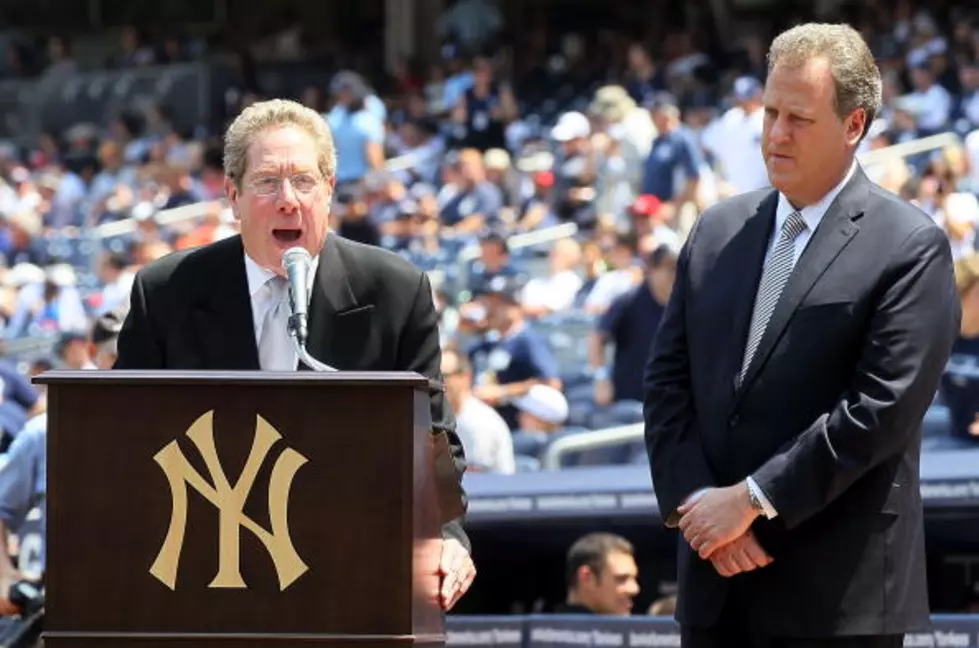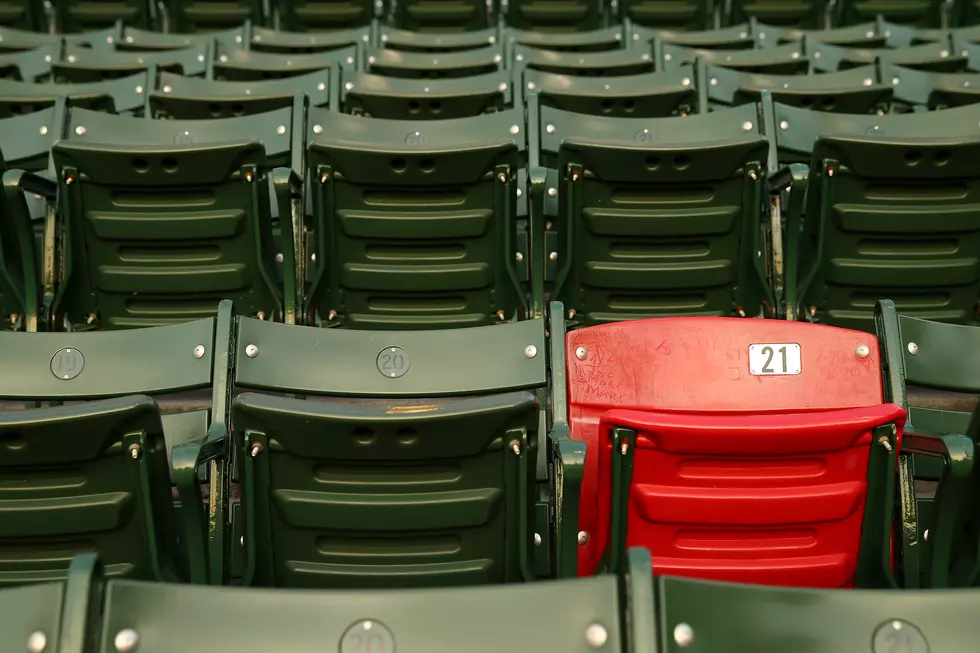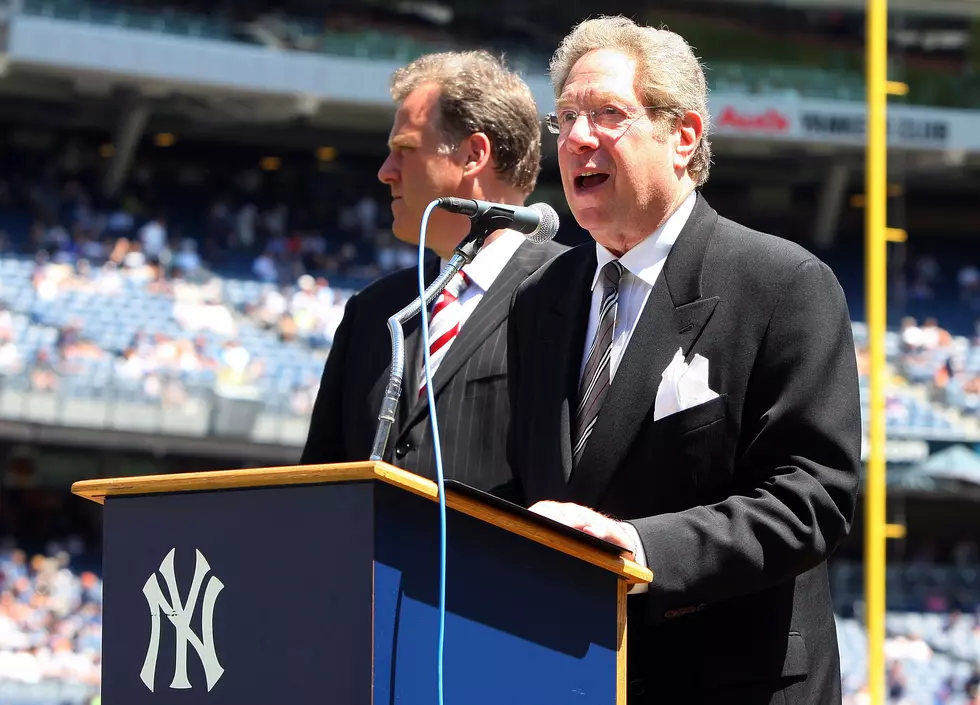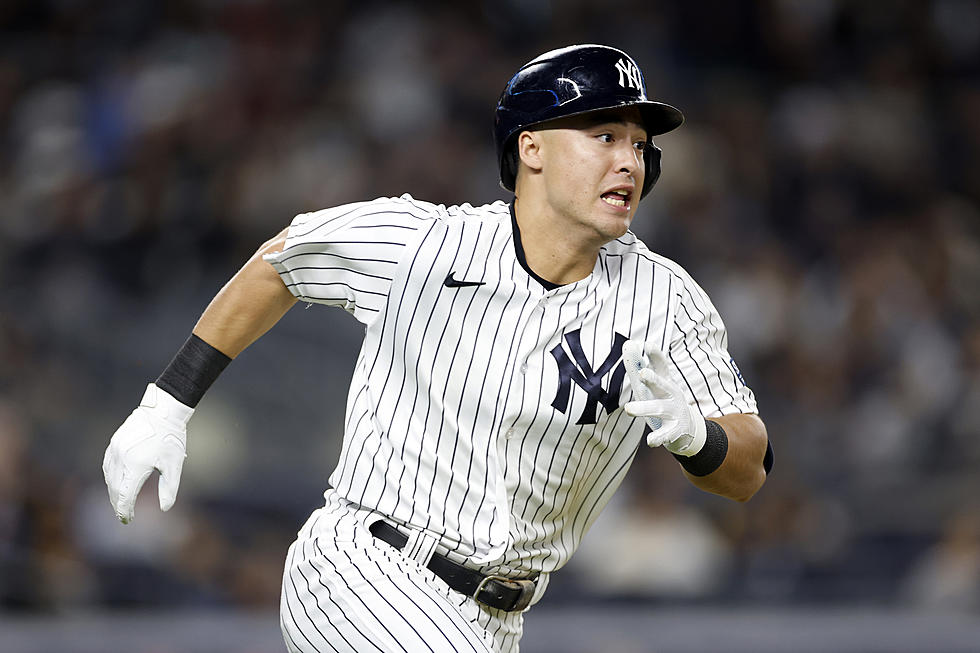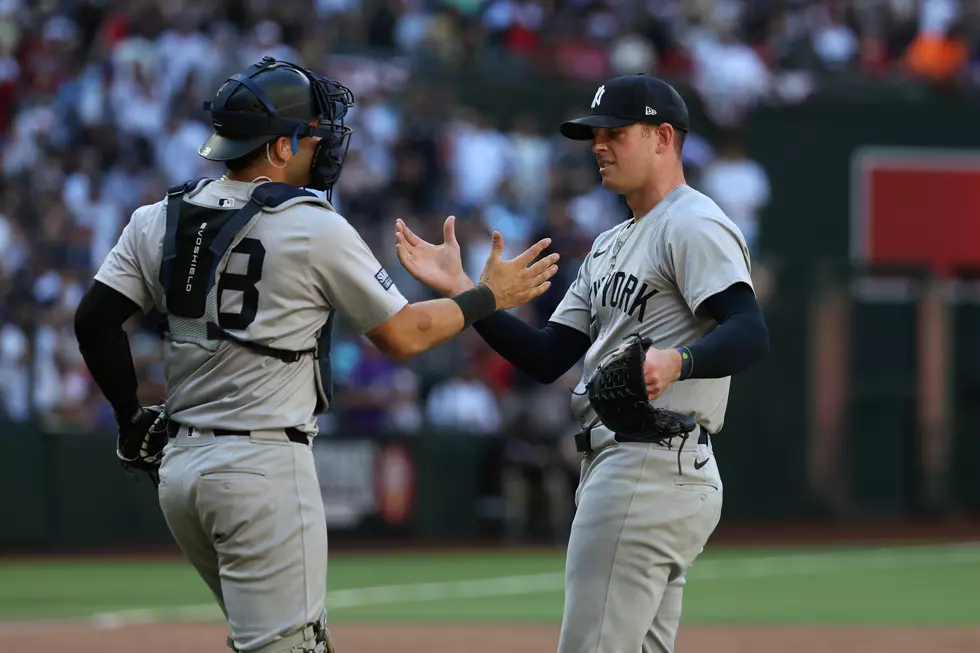
New York Yankees vs. Boston Red Sox Postponed Due To COVID-19 Protocols
Late this afternoon, after appearing on The Drive with Charlie & Dan, ESPN TV analyst Buster Olney reported that several New York Yankees tested positive for COVID-19 prior to tonight's scheduled second half opener against the first place Boston Red Sox. The 7pm game was immediately postponed. According to the ESPN reports, New York pitchers Jonathan Loaisiga, Nestor Cortes Jr. and Wandy Peralta were among those that tested positive.
Olney also reported that Aaron Judge, Kyle Higashioka and Gio Urshela are "in COVID-19 protocols." Brian Cashman added that tests have not come back for three players and that he assumes that they will come back positive. The Yankees GM noted that all three pitchers were vaccinated, as are most of the players on the Yankee team. Loaisiga was placed on the COVID-19 Injured List on Saturday. He did not travel home with the team from Houston on Sunday, according to the ESPN reports.

MLB.com reports that tonight was the eighth COVID-19 related cancelation on this season but the first in nearly three months! As stadiums are open to full capacity around the country with no real knowledge of who is vaccinated and who is not, Major League Baseball is canceling games?
The honor system of mask wearing at the ballpark is a pipe dream. How is it fair to expect MLB baseball players to socialize and act at a high standard than the general public? According to standards set by the CDC, players that are vaccinated and test positive would be a low risk of spreading the virus.
Why can a vaccinated fan, test positive for COVID-19 and be allowed to attend while interacting with possibly hundreds of other fans, while a vaccinated player ,that may only interact with a few dozen people, isn't allowed to play in the game that they are opening the stadiums for. I understand the fear that remains from the pandemic and justifiably so, but in this case, it just doesn't make sense.
LOOK: The most expensive weather and climate disasters in recent decades
More From 104.5 THE TEAM
